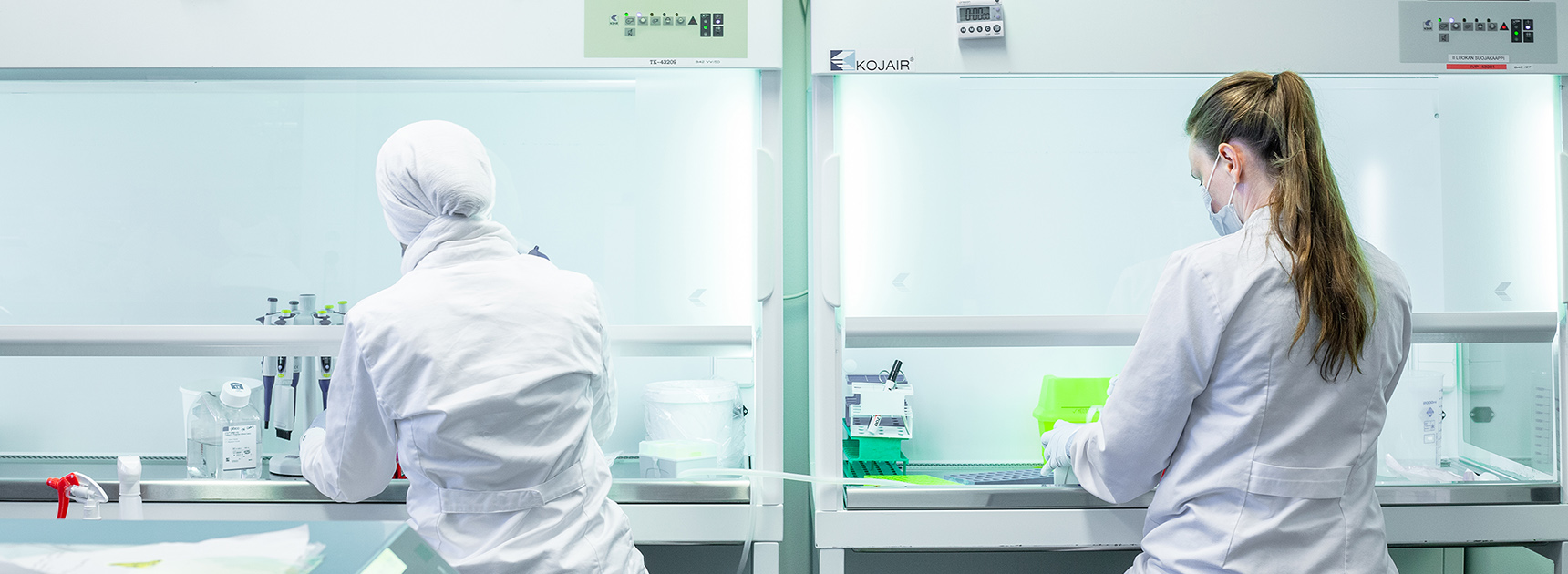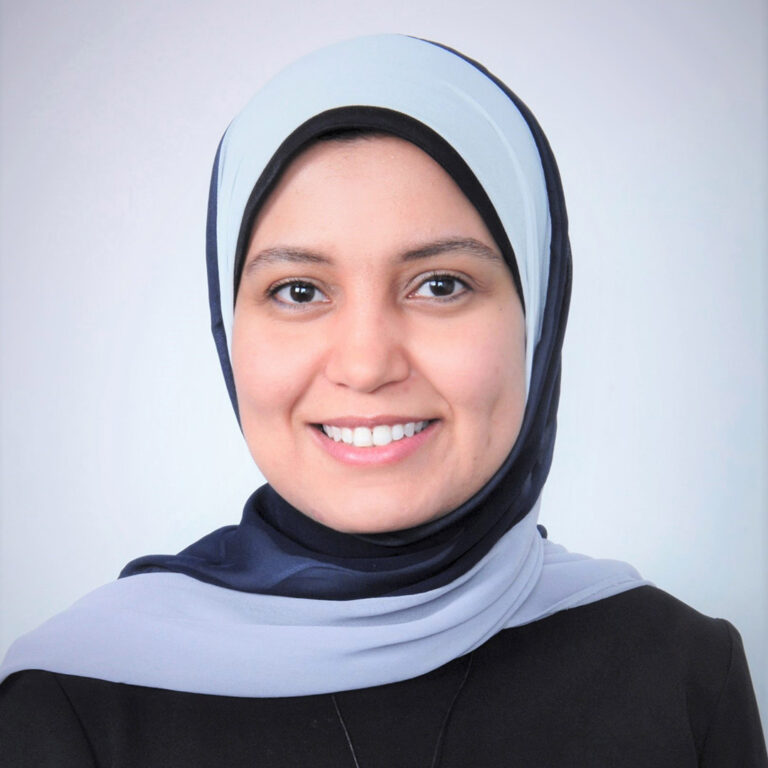CAR T cell development
T cells modified with chimeric antigen receptors (CAR) have shown remarkable efficacy in the treatment of B-lineage acute lymphoblastic leukemia and lymphomas in both adults and children.

The CAR confers both target cell recognition as well as activation of the effector cell, thus equipping the body’s own immune system to effectively fight cancer. We have recently identified the cell culture components permitting optimal generation of CAR T-cells with an early memory phenotype, conferring improved persistence and anti-tumor effect of the cells in vivo. A screen of small molecule drugs identified candidate drugs that can potentially be used to enhance or control CAR T-cell activity in vivo.
We have designed a set of novel CAR backbones, designated FiCARs, and shown that functional CAR T-cells can be produced using these novel CAR genes, (Jan Koski, manuscript in preparation). The intellectual property rights for this invention will give us freedom to operate in this heavily patented field.
In our current work with CAR T-cells we endeavor to advance the FiCAR concept further in order to develop therapies for both B-lineage hematological malignancies and for solid tumors.
References
- Jahan FA, Koski J, Schenkwein D, Ylä-Herttuala S, Göös H, Huuskonen S, Varjosalo M, Maliniemi P, Leitner J, Steinberger P, Bühring H-J, Vettenranta K, Korhonen M. Using the Jurkat Reporter T cell line for Evaluating the Functionality of Novel Chimeric Antigen Receptors. Front. Mol. Med 3, 2023; doi: 10.3389/fmmed.2023.1070384
- Kaartinen T, Luostarinen A, Maliniemi P, Keto J, Arvas M, Belt H, et al. Low interleukin-2 concentration favors generation of early memory T cells over effector phenotypes during chimeric antigen receptor T-cell expansion. Cytotherapy. 2017;19(6):689–702.
- Koski J, Jahan F, Luostarinen A, Schenkwein D, Ylä-Herttuala S, Göös H, Monzo H, Ojala PM, Maliniemi P, Korhonen, M. Novel Modular Chimeric Antigen Receptor Spacer for T cells Derived from Signal Regulatory Protein alpha Ig-like Domains. Front Mol Med 2, 2022; doi: 10.3389/fmmed.2022.1049580
- Dufva O, Koski J, Maliniemi P, Ianevski A, Klievink J, Leitner J, et al. Integrated drug profiling and CRISPR screening identify essential pathways for CAR T-cell cytotoxicity. Blood. 2020;135(9):597–609.
- Salter AI, Pont MJ, Riddell SR. Chimeric antigen receptor – modified T cells : CD19 and the road beyond. Blood. 2018;131(24):2621–30.



